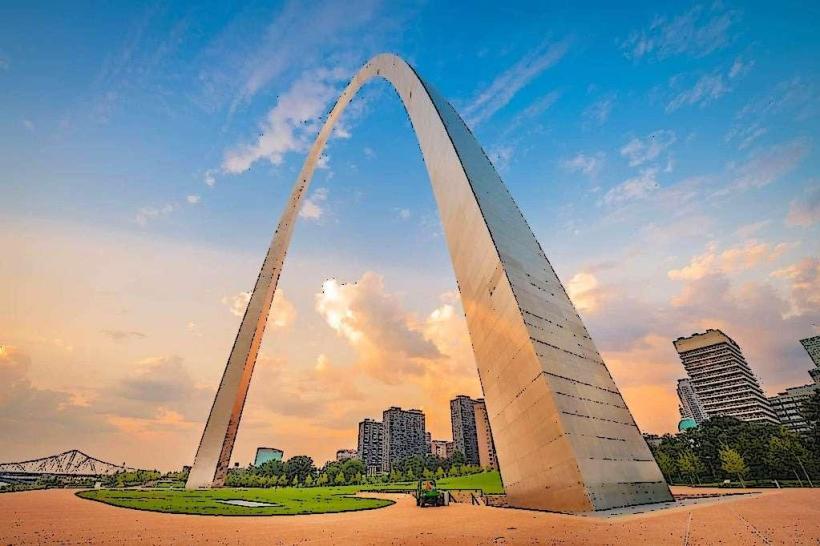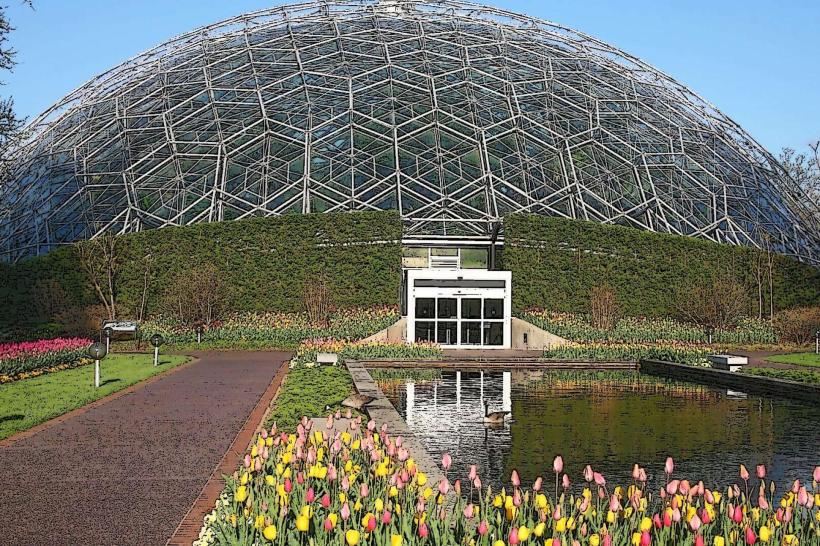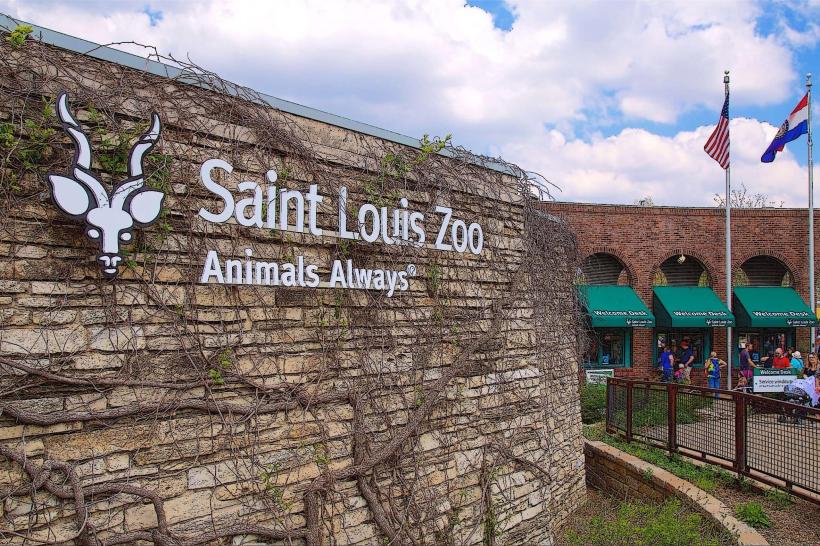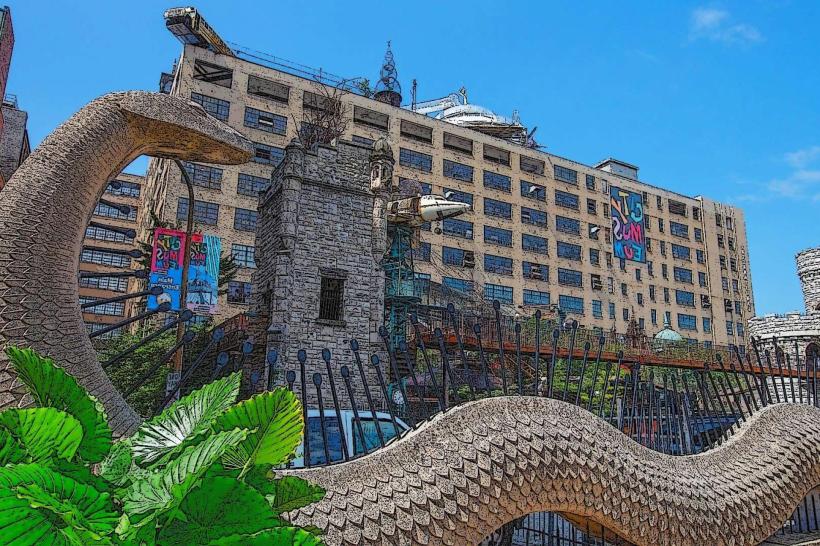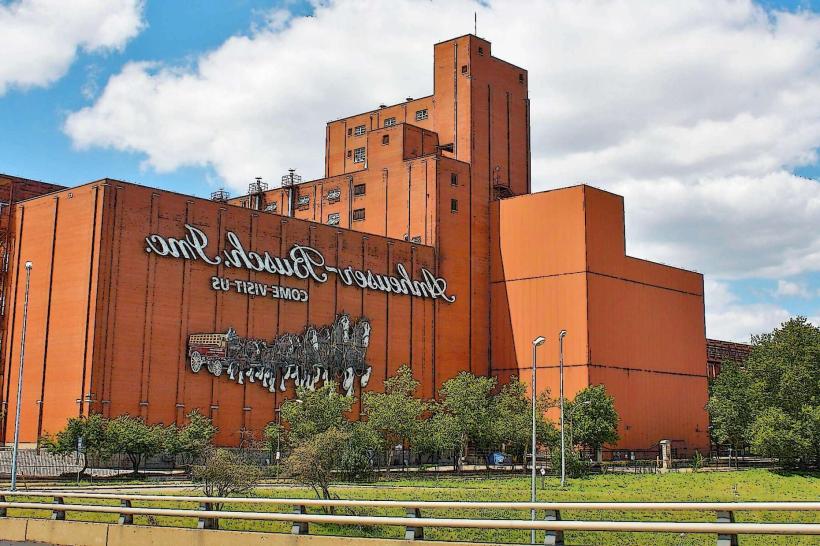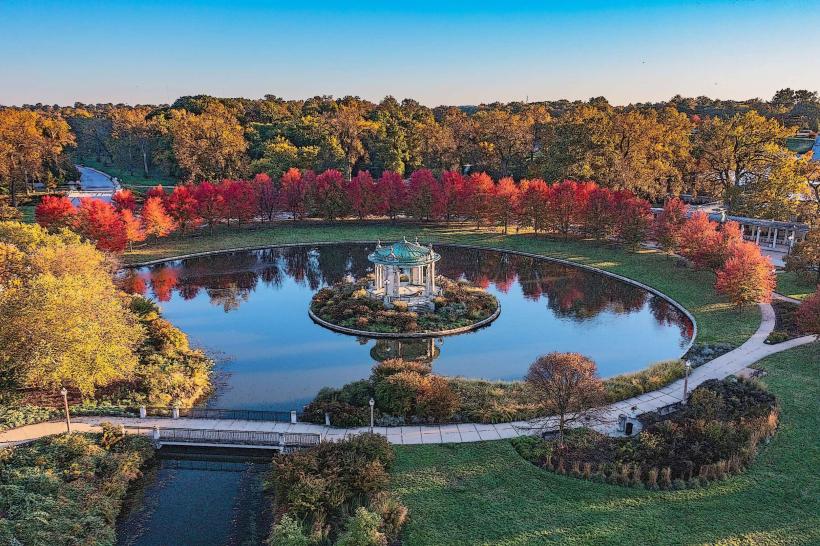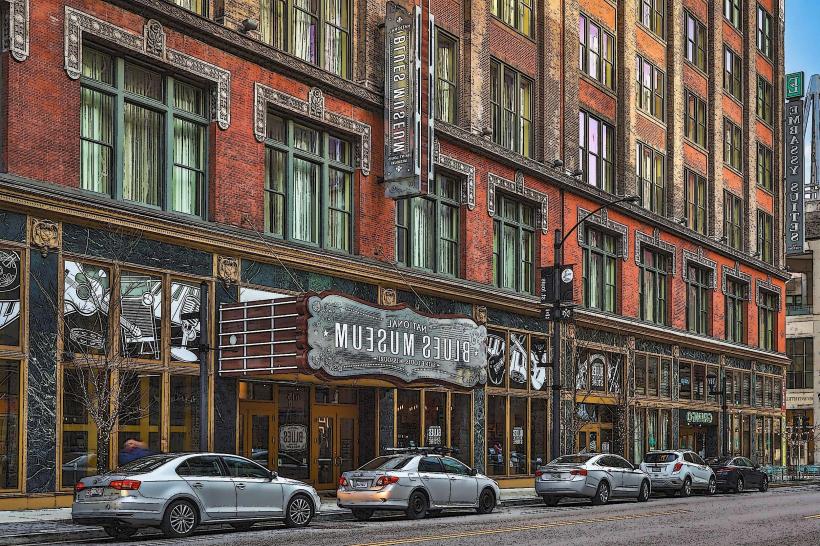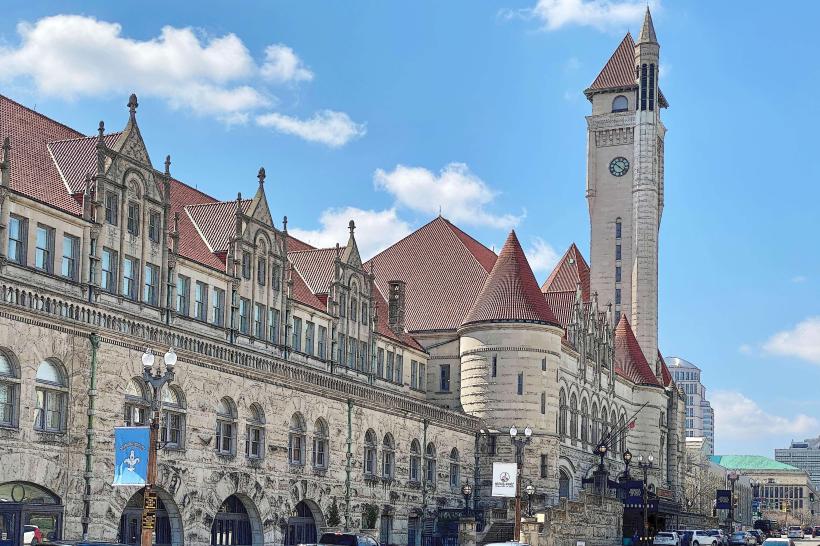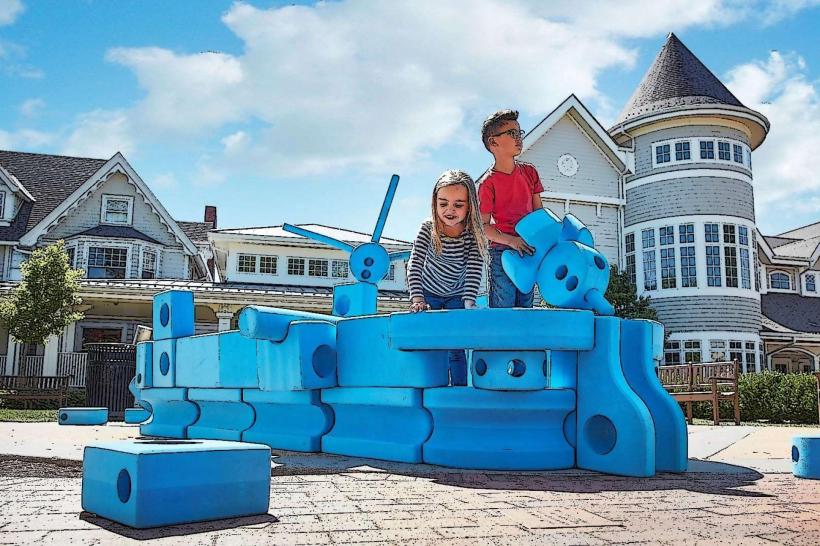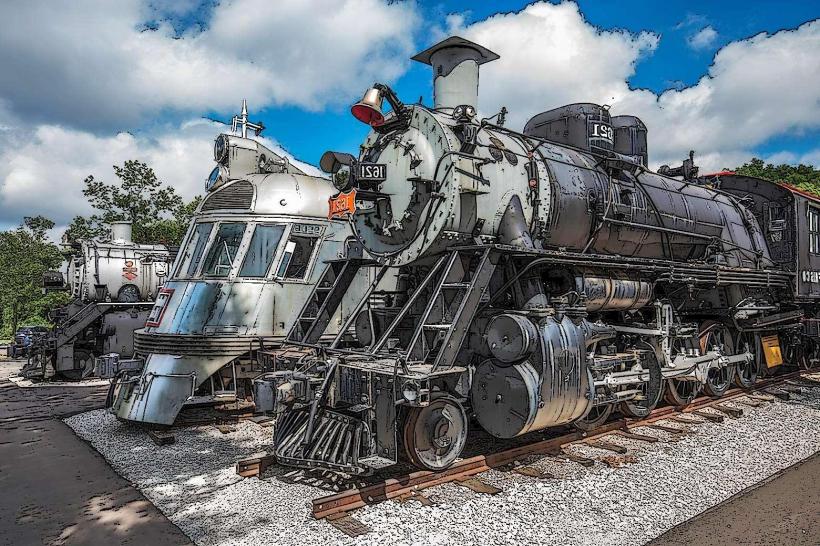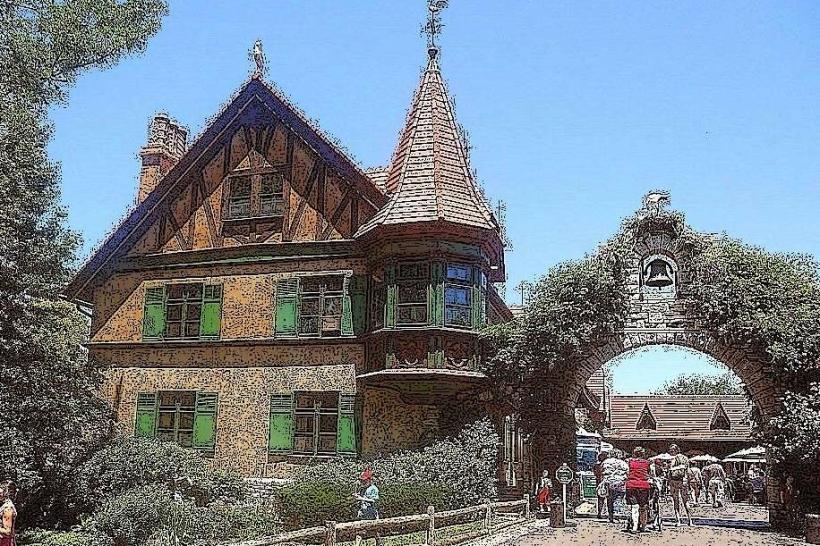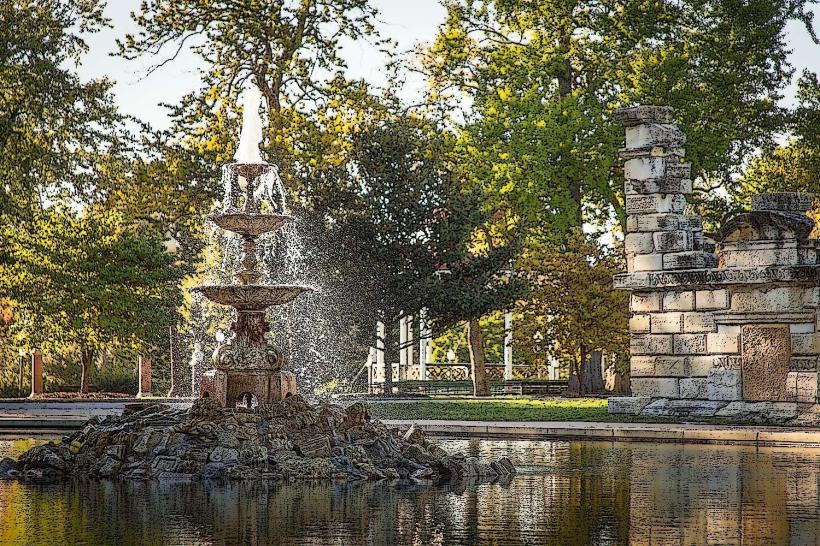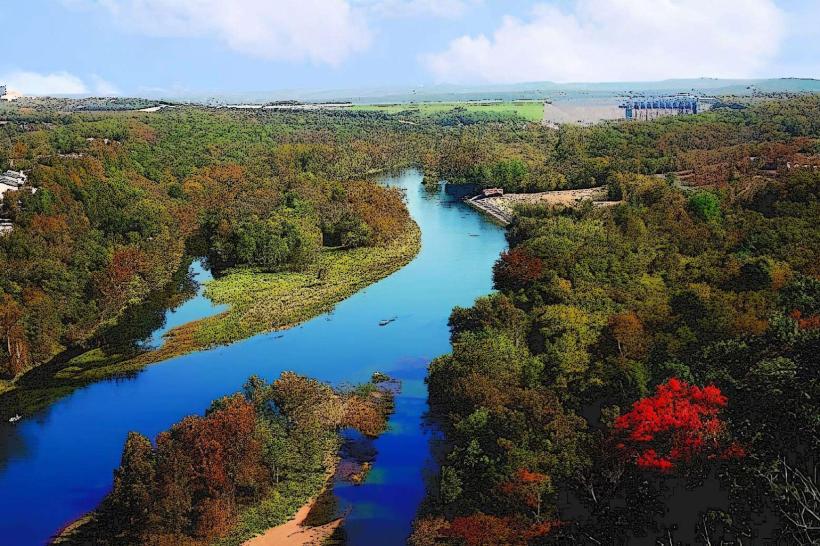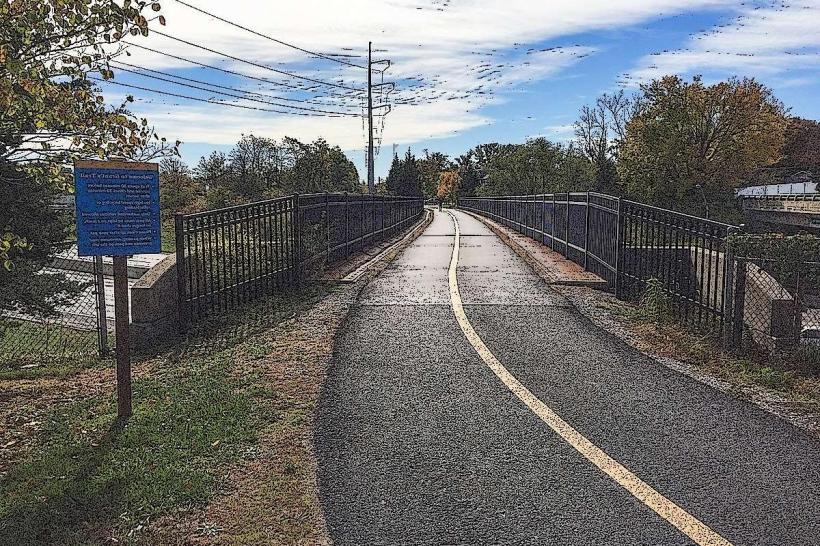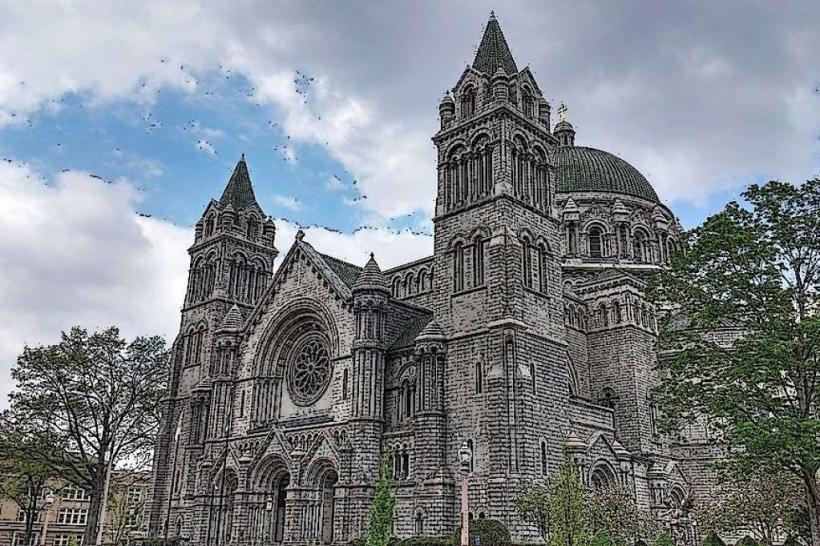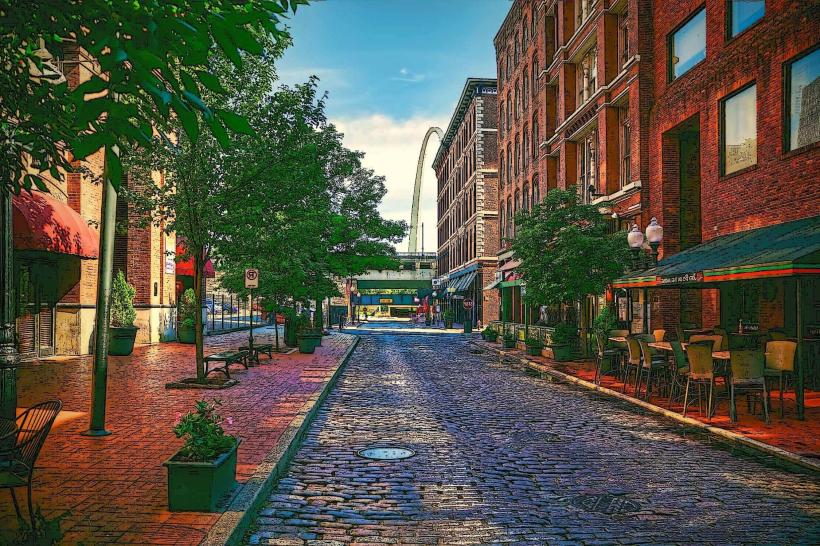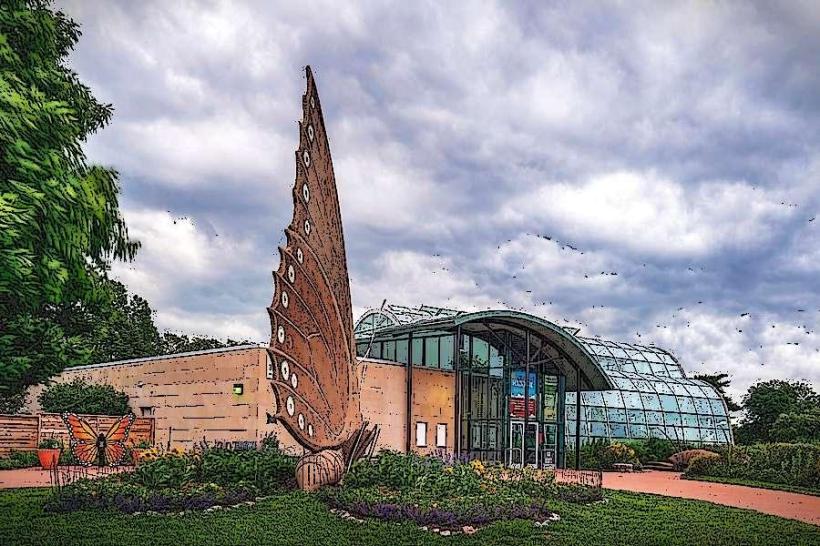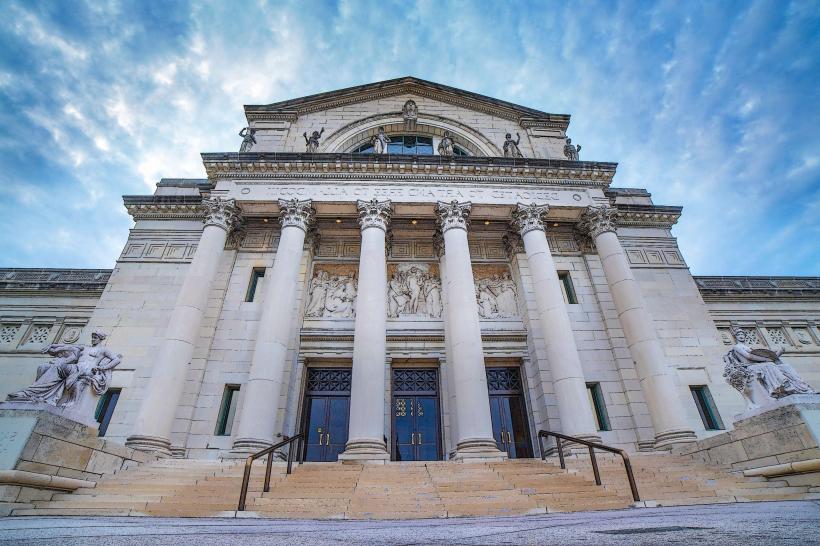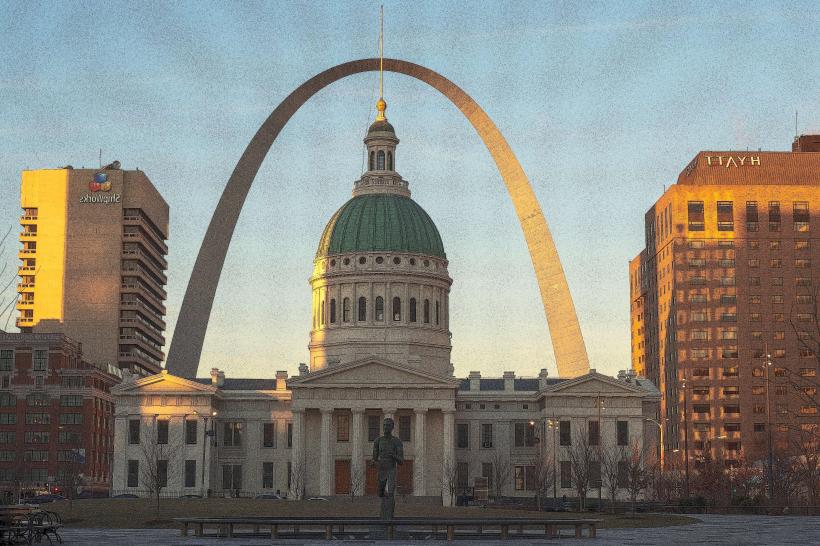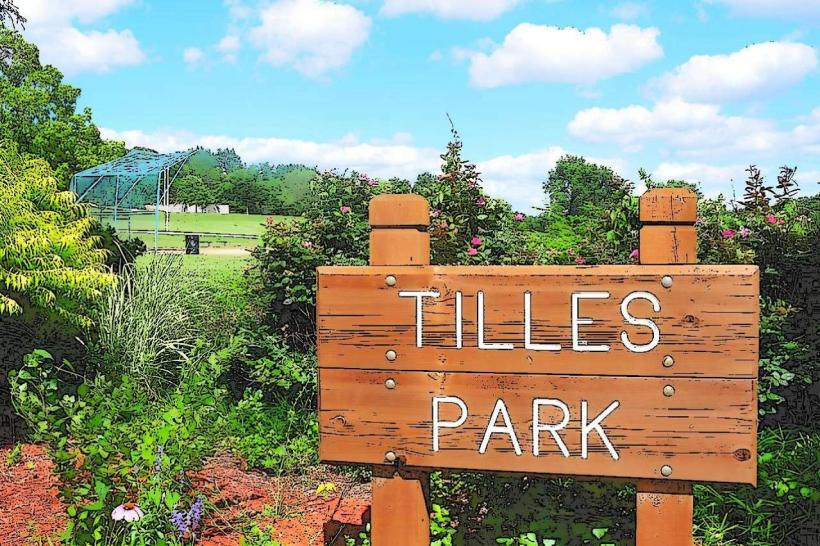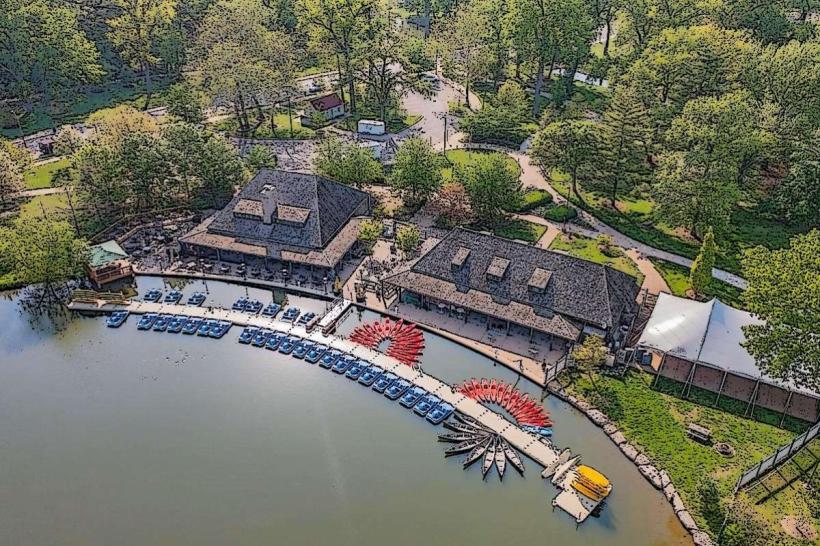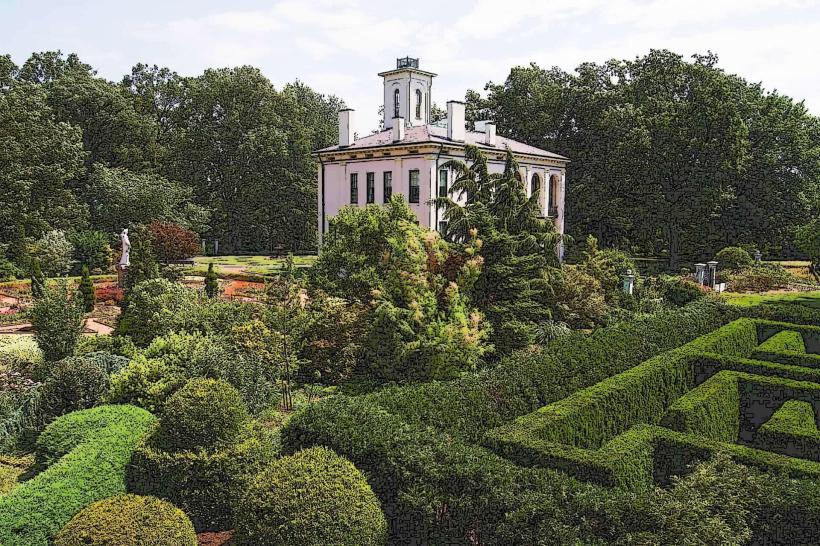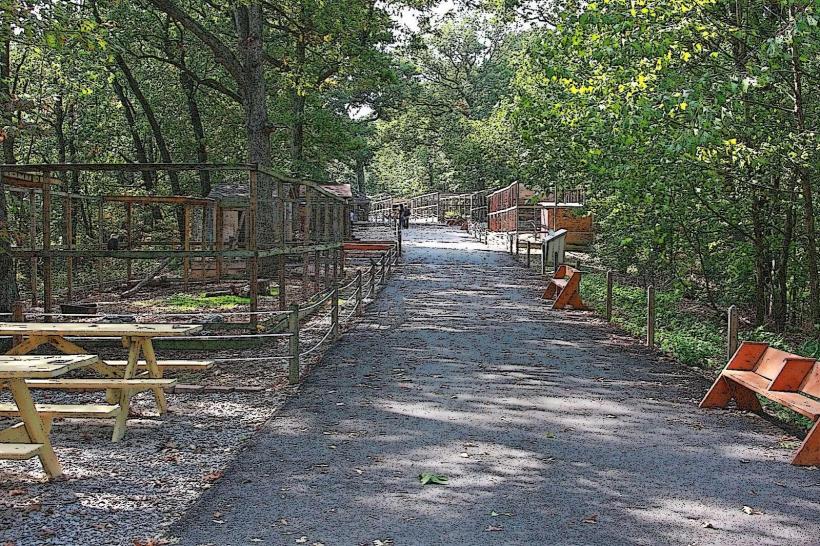Information
Landmark: Missouri History MuseumCity: St Louis
Country: USA Missouri
Continent: North America
Missouri History Museum, St Louis, USA Missouri, North America
The Missouri History Museum is a public institution located in Forest Park, St. Louis, Missouri, USA. It is dedicated to collecting, preserving, and exhibiting the history of St. Louis and Missouri.
Visual Characteristics
The museum building is constructed primarily of limestone and granite. It features a neoclassical architectural style with a prominent dome and colonnades. The exterior is light-colored stone, contrasting with darker granite accents. The building has a rectangular footprint with wings extending from a central core.
Location & Access Logistics
The Missouri History Museum is situated at 5700 Lindell Boulevard within Forest Park. It is approximately 4.8 kilometers (3 miles) west of the St. Louis central business district. Ample free parking is available in designated lots surrounding the museum. Public transportation is accessible via MetroBus routes 1, 10, 30, 42, and 90, which stop within Forest Park and a short walk from the museum entrance.
Historical & Ecological Origin
The museum building was constructed between 1909 and 1913 as part of the Louisiana Purchase Exposition (1904 World's Fair). It was designed by the architectural firm Eames and Young. The original purpose was to house exhibits related to the exposition and to serve as a permanent memorial to the fair's achievements and the history of Missouri.
Key Highlights & Activities
Exhibits focus on the history of St. Louis, the Louisiana Purchase, and the state of Missouri. Specific permanent exhibits include "The Story of St. Louis" and "1904 World's Fair: The Fair That Changed the World." Temporary exhibitions are also presented throughout the year. The museum offers educational programs and lectures.
Infrastructure & Amenities
Restrooms are available on all public floors. The museum interior provides climate-controlled environments. Cell phone signal (4G/5G) is generally available within the building. No on-site food vendors are present, but the nearby Missouri History Museum Cafe is located within the building, and dining options exist within Forest Park.
Best Time to Visit
The museum is open Tuesday through Sunday. Weekday mornings are typically less crowded. For optimal viewing of exhibits without large groups, consider visiting shortly after opening on a Tuesday or Wednesday. Lighting within the exhibit halls is controlled for preservation and viewing.
Facts & Legends
The museum building was originally intended to be a temporary structure for the 1904 World's Fair but was later adapted for permanent use. A notable artifact within the collection is the original desk used by Thomas Jefferson during the Louisiana Purchase negotiations.
Nearby Landmarks
- Saint Louis Art Museum (0.3km Northwest)
- The Muny (0.8km Southwest)
- Saint Louis Zoo (1.2km West)
- Missouri Botanical Garden (4.5km Southeast)
- Citygarden (5.0km East)

